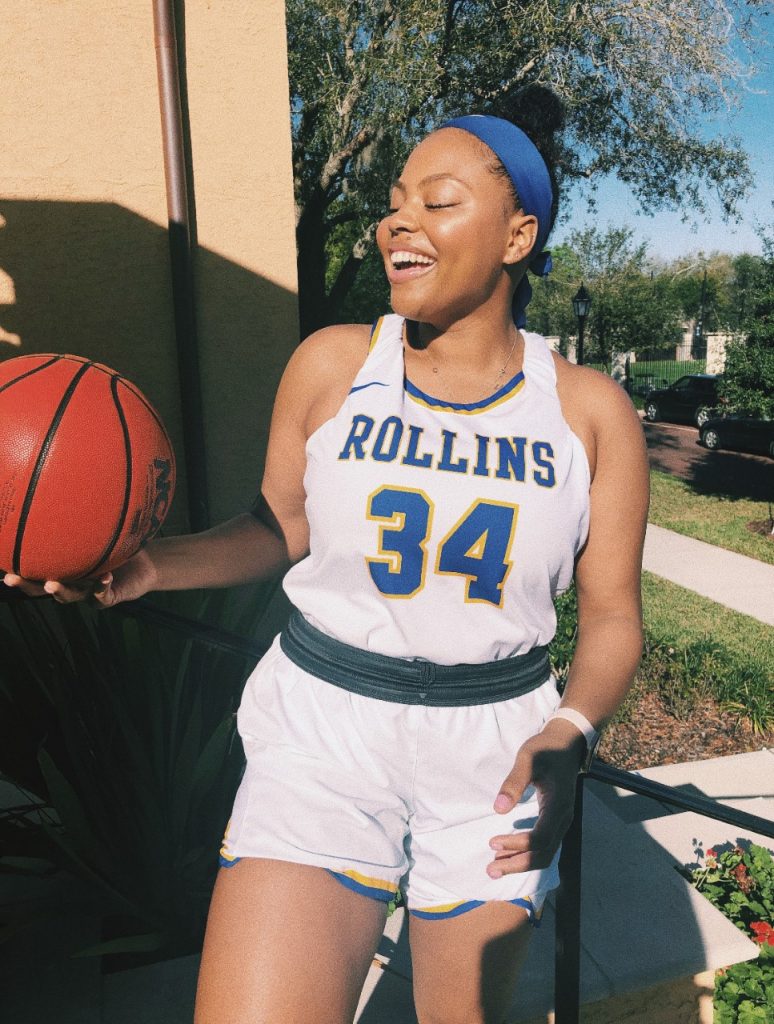
Content Warning: The following contains references to suicide and depression, which some readers may find triggering or disturbing. Please know that there are on-campus resources available to you. The National Suicide Prevention Hotline can be reached at 800-273-8255.
In honor of Suicide Awareness Month, we are publishing Tianna-Marie Rosser’s (‘20) story. Rosser, now a Rollins alumnae, wrote the following letter in Spring 2020. She is pursuing a master’s degree in communications and media practices at Lynn University. She is also a production intern for Brandstar.
Being an African American woman in America, I already deal with some anxiety and depression while navigating our society and adapting to its norms. Adding the identity of student-athlete to the mix, I am constantly under pressure, on and off the court.
My mental health took a toll on me that almost ended my life. I didn’t want to go to school, didn’t want to play basketball, and I most certainly did not want to be on this earth.
During my final year at Rollins, there were so many pressures that started to take control of my mind. My self-confidence as a student and as an athlete were minimal, and I was struggling to find my identity. I was nervous about my future and how I was going to contribute to society after college, and I was nervous about my season and how I was going to contribute to my team.
The pressures and self-doubts started to take over, and my depression and anxiety symptoms increased.
During my fall semester, I wasn’t happy with myself. I attended Rollins for five years, and I was involved in so many different things that I forgot to think for myself. As an RA for three years, on top of other leadership duties, I never had time for myself. My life was based on my residents, school, and basketball.
When I approached my final fall semester at Rollins, I was already burned out; I knew that the semester was going to be the most challenging yet.
A typical day for me during this time was working at my internship for six hours, then attending what I think is one of the hardest classes that they offer at Rollins, next going to practice for two hours, and, finally, completing my homework. And the daily cycle continued.
For me, this schedule was literal madness. Mentally, I was falling apart, and I couldn’t stop. I remember just panicking for no reason, thinking that one of these days was going to be my last, and hoping that I wasn’t going to disappoint anyone with my decision to go.
Then, basketball season was starting. The pressure I put on myself with my sport was atrocious; I picked at every mistake I made and constantly over-thought my abilities on the court. Through the mental and physical fatigue that I was going through, I was crumbling, and I was crumbling fast.
One day after my internship, I felt as if I couldn’t go on anymore. The pressures of my internship, classes, and practice was becoming so much for me to handle that I wanted it all to stop. Having been an RA for three years, I knew that the signs I was displaying were not okay and that I was coming close to something dangerous.
By the grace of God, Coach Kourtnie called me. I completely broke down and cried to her. After hearing my voice, she invited me to her house, and I finally shared some of the emotions and dark thoughts that I was feeling.
From there, we decided that it was time for me to take a break from school, basketball, and the pressures of life. For my mental state and for my life’s sake, I decided to take a three-week break from school.
Unfortunately, this meant that I was going to miss the rest of my basketball preseason. Missing this crucial time in our season was eating me alive, but I knew that if I wanted to see my graduation day, this break needed to happen. During this time off, I truly found some of my happiness again. It was hard for me to let go and feel this way because I felt like I was being lazy, but, honestly, it was probably one of the best decisions of my life.
Through this time of healing, I signed up with the Wellness Center to schedule an appointment with a therapist to discuss what was going on. I was put on anxiety medication. Through therapy and medication, I believe that I was able to see a difference with my mental state.
As a student-athlete, mental health is never really discussed. I am so thankful that I have supportive coaches, but I’m worried that some student athletes on this campus don’t receive the same level of support. If we want to see change in our Athletics Department, mental health should become a priority.
So many of my friends suffer from anxiety and depression, and it is time to help them reach their ultimate happiness. Personally, I suffer from panic attacks that happened either before, during, or after my games, and I know that I am not the only one.
There is a certain shame that comes along with mental health in sports. As athletes, we feel like we are weak. We always have to carry the facade that we can take whatever pain is being dealt to us. In reality, this armor must come off in order for us to protect our mental wellbeing.
In order to help the problem, there should be more resources that help support our student athletes who are dealing with mental health issues. If we can control our dark thoughts and anxieties, we can ultimately become more confident both on and off the court.
I hope by writing this story that I can help spark the conversations that address the mental health crisis among student-athletes. Our mental health should be taken seriously! No stigma nor judgement should keep us from wanting to live our lives at their fullest potential.
We need to cherish our mental and emotional health, no matter what pressures or stigmas our sport puts on us.

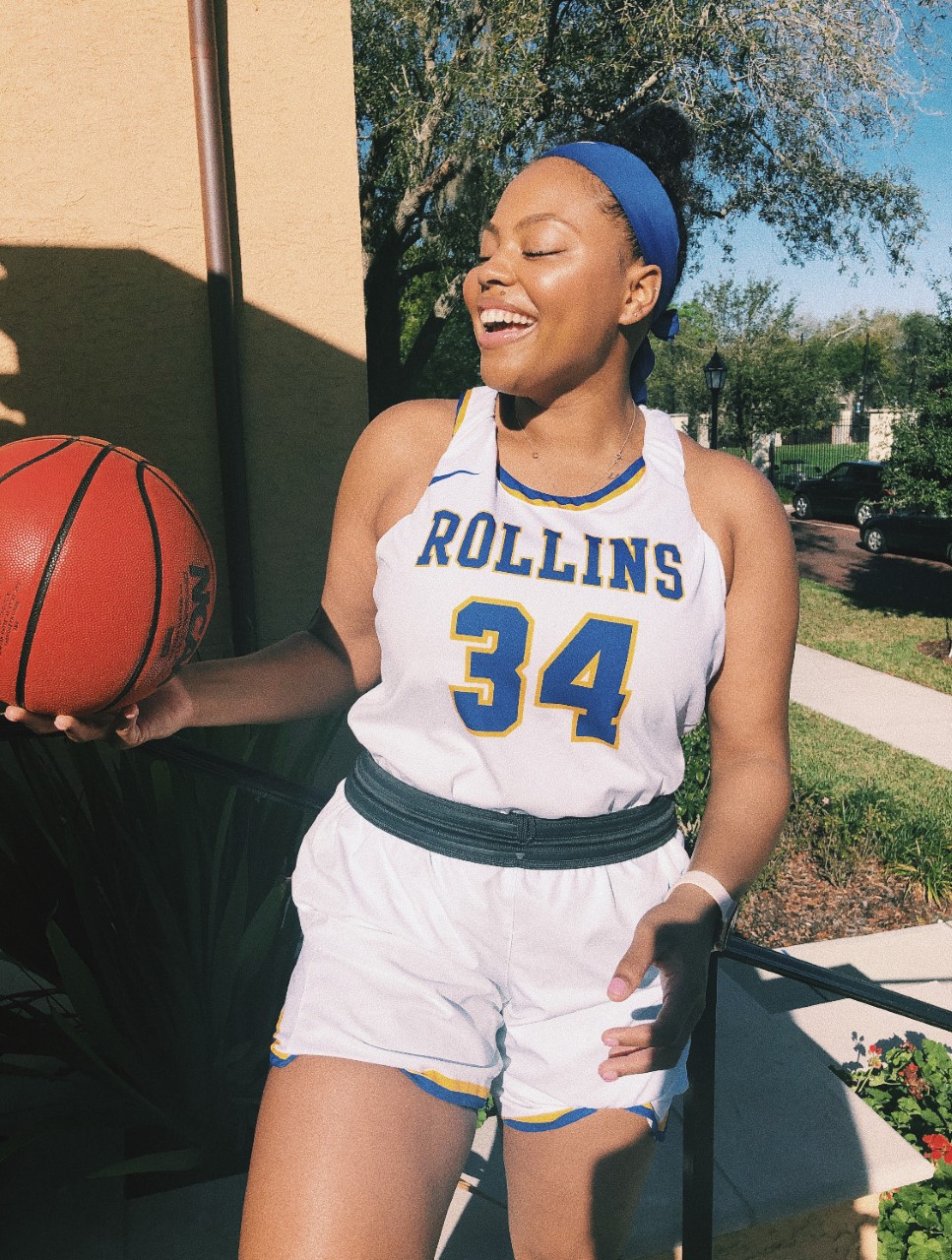
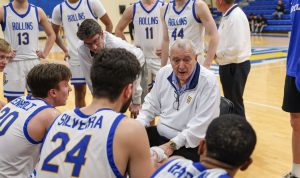

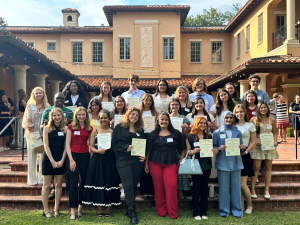
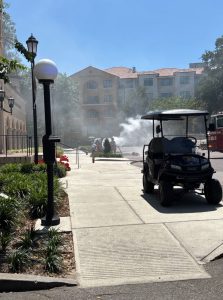






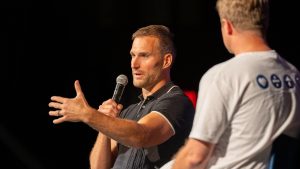




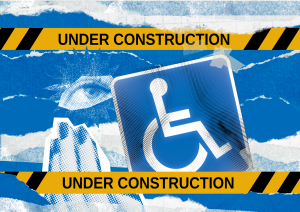
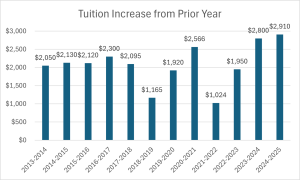




Comments are closed.